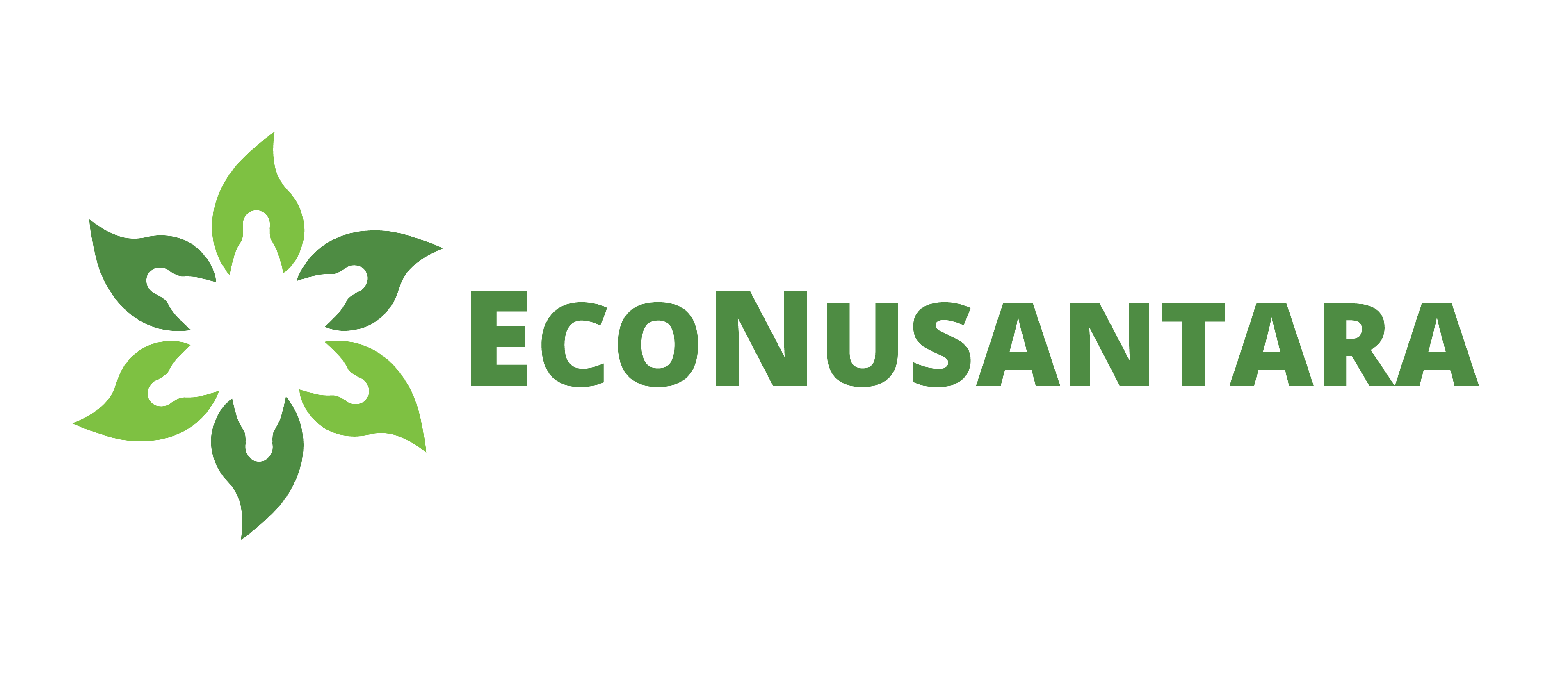European Union’s Deforestation Regulation (EUDR) and its Implications for Oil Palm Plantations
The EU has implemented regulations to contain the negative impact of the EU market on global deforestation and forest degradation worldwide. At the same time, it also aims to protect the rights of indigenous peoples.
What is EUDR?
The European Union Deforestation Regulation (EUDR), applies due diligence to companies that place goods related to deforestation and forest degradation on the EU market. These items include: beef, chocolate, coffee, palm oil, rubber, soybeans and timber. Under the EUDR, seven commodities and their related products must meet requirements related to deforestation and forest degradation to be sold or exported on the EU market.
Entrepreneurs and traders who wish to place such products on the EU market or export from the EU must implement a legality check system by conducting a risk assessment and obtaining the coordinates of the geographical location (latitude and longitude) of the parcel of land where the goods concerned are located, produced or acquired, as well as the date or time span of production. To issue goods, the entrepreneur must submit an affidavit of legality inspection along with a customs notification, and a centralized information system controlled by state agencies will be established to enter and store such information. The EU is still developing the state institutions in question. Meanwhile, Indonesia should build the same institution (ad hoc as long as EUDR is implemented, because it may change after many countries protest).
EUDR does not apply to goods manufactured prior to the implementation of this regulation (except for wood products subject to EUTR requirements) or to goods made entirely of materials that have reached the end of their product life cycle and otherwise will be disposed of as waste.
Prohibition
Products from commodities included in this regulation may only be imported into, or exported from, the EU market if:
- deforestation-free production areas,
- has been produced in accordance with the relevant legislation in the country where it is produced,
- protected by due diligence statements.
The regulation gives a deadline for deforestation (and forest degradation) on December 31, 2020. In other words, commodities must not be produced on land that experienced deforestation (or forest degradation) after December 31, 2020.
Due Diligence Requirements
The main requirement is the obligation for Operators implementing due diligence systems to avoid procuring commodities or products that are not deforestation-free or have not been produced in accordance with relevant laws in the country of production.
Companies importing related commodities to, or exporting them from, EU markets, (regulatory ‘Operators’) are obliged to implement due diligence systems, carry out risk assessments and mitigate any negligible risks, before importing into the EU or exporting from the EU.
Operators are required to report to the widest possible public each year, including online, on their due diligence systems and the steps they have taken to ensure compliance with their obligations.
Companies described as ‘Merchants’ in the regulation (merchandise already marketed on the EU market), are responsible for storing and sharing information (with national Competent Authorities, if requested) on their supply chains. However, wholesalers – who are not Small and Medium Enterprises (SMEs) – are also required to conduct due diligence. This is due to the magnitude of their influence in the supply chain.
Strong Search & Transparency Obligations
This regulation establishes the obligation for the Operator to obtain the geo-localization coordinates (latitude and longitude of the entire land parcel) from the place where the commodity or product was produced, or harvested in the case of wood products – as well as the date or time. production range.
Coordination of Enforcement Activities
A new development in the regulation is that the European Commission will develop a central database of risk assessments or ‘country benchmarks’. This benchmarking system will categorize countries that have low, standard, or high risk commodities or products associated with deforestation, so due diligence and control are needed.
Operators undertaking procurement from countries designated by the Commission as ‘low risk’ countries will be allowed to carry out ‘simplified due diligence’, meaning that they will be *exempt* from carrying out the second and third steps of the due diligence process, i.e., risk assessment and risk mitigation. However, Operators are still required to perform the first step of due diligence – gathering information about their supply chain. This includes obtaining geo-localization information on forest/plantation production land.
The obligations of national authorities to enforce regulations and conduct checks will also vary according to the level of risk imposed on the country of production. This means increased monitoring in high-risk countries and reduced monitoring in low-risk countries.
In addition, a central information system will also be developed to receive and record the Operator’s due diligence statement, which will accompany the customs clearance application. The system will be accessible to national and customs authorities regarding operators and traders active in the EU, and is likely to include a series of functions such as: enabling operator registration; upload and link due diligence statements with customs notices, and allow the creation of risk profiles of carriers and related commodities/products for the purpose of identifying high-risk shipments.
How do I demonstrate compliance with EUDR requirements?
Before introducing products to the European Union market or exporting them, entrepreneurs and traders must submit a statement of legality to the competent authorities. The purpose of this requirement is to ensure that goods entering the EU market are not obtained from lands or areas where there has been forest degradation or deforestation since December 31, 2020.
To comply with these regulations, operators and traders must:
- Collect detailed information indicating that the product is EUDR compliant;
- Conduct risk assessments of each product to ascertain possible risks of non-compliance with EUDR;
- Mitigate risk by conducting independent surveys/audits, collecting additional documentation, or working with suppliers.
- Operators and traders should conduct comprehensive risk assessments that consider whether the goods were produced in accordance with applicable local laws, while explicitly upholding the principle of free consent of indigenous peoples.
Gap Analysis Between RSPO and EUDR P&C
The Roundtable on Sustainable Palm Oil (RSPO) has conducted a gap analysis between the latest version of the RSPO Principles & Criteria (P&C) and the requirements of the European Union Deforestation Regulation (EUDR). The analysis systematically compares RSPO P&C requirements and chain of custody requirements with EUDR requirements.
The analysis found that, overall, the RSPO is well positioned to facilitate its members in complying with the EUDR. A number of technical and fundamental gaps were identified between the two systems. The analysis includes concrete recommendations on how the RSPO can strengthen the way it facilitates its members in ensuring EUDR compliance.
The most important gaps
Regarding deforestation, the analysis highlights three main gaps:
- Deadline – December 31, 2020 (EUDR) versus November 2005 and November 2018 (RSPO P&C);
- Definition of “forest” used by FAO with quantitative common threshold value (EUDR) versus site-specific qualitative methodology using HCS-HCV methodology (RSPO P&C); And
- Exemptions for High Forest Cover Countries (P&C RSPO) versus non-exemptions (EUDR).
Regarding legality, the analysis states that RSPO requirements are largely in line with EUDR requirements and that RSPO is in a good position to facilitate information regarding legality, as Criterion 2.12 requires the existence of a “documented system to ensure legal compliance”. However, caution is required as EUDR provides little or no specification regarding relevant national legislation and evidence that operators must provide. The main gap between EUDR and RSPO P&C 2018 is that EUDR requires that information regarding legality be transferred through the supply chain, whereas RSPO does not.
Regarding geolocation, the analysis concludes that the RSPO is in a good position to provide information regarding EUDR geolocation requirements. Criterion 2.3.1 specifically provides a basis for geo-location information to be made available for all certified and non-certified Fresh Fruit Bunches (FFB). However, to be fully aligned with EUDR requirements, the following gaps need to be filled:
- Polygon geolocation requirements must be added to be EUDR compliant for land above 4 hectares;
- The definition of “FFB origin” should be added and aligned with the EUDR definition of “piece of land”;
- Special attention should be paid to “expansion of land within one real estate property”;
- The transition period for mills entering the first year of certification to collect smallholder geolocation should be abolished.
RSPO is currently reviewing its processes, standards and technical tools to provide the best support for its members in complying with EUDR. This development includes the implementation and dissemination of this gap analysis; development of new digital platforms for traceability and ongoing review of RSPO Standards.
Implications for Oil Palm Plantations
Oil palm plantation companies generally have a “sustainability” policy with a high commitment to implement the policy. The commitment is as follows.
A. NDPE policy commitment
Palm oil plantation companies implement group-wide NDPE commitments, which apply not only to all subsidiaries and joint ventures within the group, but also to all third-party suppliers, including palm oil-related companies, outgrowers, and plasma smallholders who supply fresh fruit bunches (FFB), and crude palm oil (CPO).
- Environmental Conservation and Management.— Compliance with applicable laws and environmental protection standards has become a priority for oil palm plantation companies, where companies always strive to minimize the environmental impact of their operations through environmentally friendly planting techniques, protection of High Conservation Value (HCV) and High Carbon Stock (HCS) areas, implementation of best management practices, and strong commitment to biodiversity conservation within concession areas. In addition, oil palm plantation companies also contribute to climate change mitigation by continuously reducing greenhouse gas (GHG) emissions.
- Protection and Respect for Human Rights.— Oil palm plantation companies carry out commitments to protect and respect human rights, by implementing SOPs in accordance with national and international regulations/laws.
- Stakeholder Engagement & Communication.— Oil palm plantation companies establish regular communication involving all relevant stakeholders, including independent verification organizations to implement policies and best practices.
B. Certification &; Transparency
Palm oil plantation companies have been audited and assessed by leading organizations to ensure full compliance and implementation of sustainability and health and safety standards. Here is a list of such organizations.
RSPO.— Oil palm plantation companies have become RSPO members and are RSPO certified.
ISPO.— Palm oil plantation companies have ISPO certification
ISO 45001:2018.— Oil palm plantation companies have ISO 45001 certification.
PROPER.— Oil palm plantation companies have been assessed PROPER and received the Blue PROPER award.
SPOTT.— SPOTT conducts ESG public disclosure assessments for POSCO International using a variety of indicators.
With such commitments and certification and transparency systems, oil palm plantation companies should not worry. The most important thing to do now is to continuously “monitor” the RSPO’s commitment to EUDR, and make policy adjustments in accordance with RSPO recommendations for EUDR compliance. However, continuous monitoring of NDPE policy implementation at the supplier level must be enforced, to ensure that NDPE policy is also carried out by suppliers.

